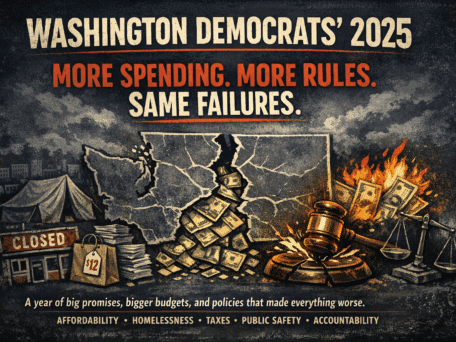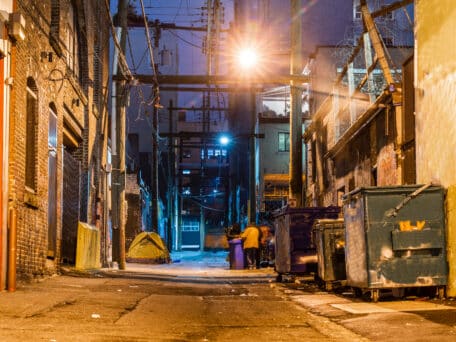Legislative Democrats did some last-minute maneuvering to fatten up Sound Transit’s $15 billion ballot measure scheduled for 2016, to add money for education for heomeless or low-income children. Of course, no one disputes that the state should support educational opportunities for homeless or foster care children.
However, it’s the justification that Democrats used for the maneuver that demands scrutiny.
During the multiple-overtime 2015 legislative session, lawmakers passed a bi-partisan transportation package. Republicans secured key reforms to transportation spending—notably ending the Democrat practice of the state charging itself sales taxes on projects in order to divert gas-tax revenue to the general fund. In turn, Democrats secured legislative approval for Sound Transit to seek $15 billion in additional taxes from Puget Sound area voters in 2016.
But, as the Seattle Times explains, the approval “came with a catch: a new 3.25 percent fee that would be applied to construction contracts for the projects funded by the measure.”
That means, if voters pass Sound Transit’s $15 billion boondoggle, fees on the projects’ construction contracts could generate up to $518 million over 16 years. That money would “then flow into the general fund to replace the lost road-construction revenue and could be spent however lawmakers wanted.”
That’s why Democrats, notably state Rep. Jessyn Farrell of Seattle, moved to ensure voters in the Sound Transit District didn’t get a “bad deal.” Farrell, the vice-chair of the House Transportation Committee, altered the compromise “to ensure that the fees generated by a potential transit ballot measure would stay in the Puget Sound region in a fund dedicated to education.”
“If we’re raising our own taxes, we should not be sending that money back to the state to fund prisons in Walla Walla or whatever,” Farrell said.
Farrell’s logic is rather astonishing—and hypocritical. The Walla Walla prison is not a local development project for the city of Walla Walla. It is a place that houses criminals—including those from Seattle and King County—because Seattleites prefer them in Eastern Washington rather than in their back yards.
More, using Farrell’s justification, residents of Eastern Washington should not have to pay for the transportation package considering the majority of funding goes to projects in Western Washington.
Finally, while the needs of homeless and foster children should be properly addressed, using transportation funding for non-transportation projects is part of the reason underfunded roads became a problem in the first place.




